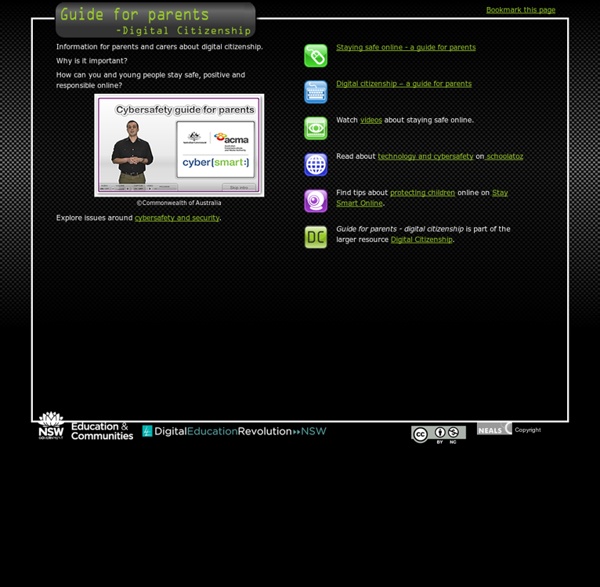



Common Sense Blog: Parenting, media, and everything in between Jump to navigation Parenting, Media, and Everything In Between Browse More Get the latest in kids’ media, tech, and news right to your inbox 18comments Cool Tools to Help Kids Learn to Code 4comments 24 Video Games You Can Say Yes to After School 1comment 7 Great Movies to Recommend to Your Teen's Teacher 7 Ways to Use Media and Tech to Raise Bilingual Kids 0comments Movies, Apps, Tips, and More to Celebrate Hispanic and Latino Culture Our bloggers Polly Conway TV Editor Regan McMahon Senior Editor, Books | Mom of two Betsy Bozdech Executive Editor, Ratings & Reviews | Mom of two Jeff Haynes Senior Editor, Video Games & Websites | Dad of one Maria O Alvarez Dir. Christine Elgersma Senior Editor, Apps| Mom of one Angela Zimmerman Manager, Editorial Partnerships See the full list Stay Connected to Common Sense Browse more By age Preschoolers (2-4) Little Kids (5-7) Big Kids (8-9) Tweens (10-12) Teens (13+) By topic Early Childhood Advocacy Alcohol, Drugs, Smoking Back to School Celebrity Influence on Kids Cell Phone Parenting
10 Interactive Lessons By Google On Digital Citizenship YouTube has a firm place in the current classroom. From Khan Academy’s videos to YouTube EDU and beyond, there’s a reason all these videos are finding a home in schools. In an effort to help keep the ball rolling, Google just launched a set of 10 interactive lessons designed to support teachers in educating students on digital citizenship. A topic obviously quite close to Google’s heart. Google (which owns YouTube) built the lessons to educate students about YouTube’s policies, how to flag content, how to be a safer online citizen, and protect their identities. Below is a list of lessons, and the recommended flow for delivery. Or you can download the Full Teacher’s Guide or the Full Set of Slides in PDF. The killer feature for this curriculum is the extra features that come with each video.
Digital Literacy and Citizenship Curriculum – Know your web – Good to Know – Google At Google we believe in the power of education and the promise of technology to improve the lives of students and educators -- leading the way for a new generation of learning in the classroom and beyond. But no matter what subject you teach, it is important for your students to know how to think critically and evaluate online sources, understand how to protect themselves from online threats from bullies to scammers, and to think before they share and be good digital citizens. Google has partnered with child safety experts at iKeepSafe, and also worked with educators themselves to develop lessons that will work in the classroom, are appropriate for kids, and incorporate some of the best advice and tips that Google's security team has to offer. Class 1: Become an Online Sleuth In this class, students will identify guidelines for evaluating the credibility of content online. We are always looking to improve these classes.
Digital Citizenship Lessons / Digital Citizenship Why do we need to teach Digital Citizenship Lessons? Chavez Bill, AB307 – Signed into law in 2006Amended Section 51871.5 of the Ed. Code, relating to educational technology Ed Code 51871.5, sections a-e: Technology PlansSection c – Tech Plan must include how teachers and students will be educated about:Appropriate and ethical use of information technologyInternet safetyHow to avoid committing plagiarismCopyright - to distinguish lawful from unlawful online downloading; implications of peer-to-peer network file sharing KCUSD's Technology Plan for 2010-13 addresses the Ed Code, Section c listed above. Teachers will be teaching students lessons developed by KCUSD grade level teachers on copyright, plagiarism, and Internet safety. Lessons are scheduled as follows: Grades K, 1, and 2 - twice a year - January and May Grades 3-12 - four times a year - August/September, October, January, May